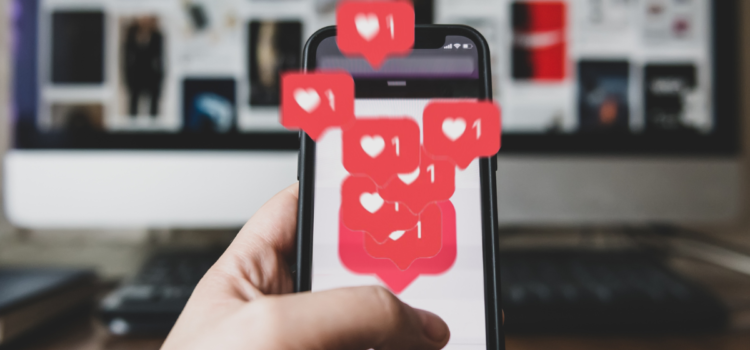
By Sussie Andrade
Social media can have many negative impacts on people’s lives. It’s crucial to shed light on the potential negative effects, such as the spread of propaganda, addiction to phones, and even cyberbullying.
One major concern is how false information and propaganda can easily spread on social media platforms, leading to misinformation and confusion. It’s crucial to be aware of what you see online and ensure you’re seeing is accurate before believing everything you come across.
Another issue is the addictive nature of social media and our phones. It’s really easy to get caught up in the constant scrolling and checking for notifications, which can lead to feeling any sort of anxiety and even impact sleep patterns.
Another important issue that mostly impacts teenagers is cyberbullying. It’s very unfortunate how some people will use their social media platforms to spread hate and target others, which can cause serious harm to their mental well-being. Especially for teens who struggle to find a place in life or are still figuring out who they are, social media can create a lot of pressure to fit into certain standards. It’s important to remember that everything on social media isn’t always the whole picture.
“Social media may have its benefits but it’s crucial to use it mindfully and take breaks when needed. Prioritizing our mental well-being over the world online is key,” said Tabitha Myrow, a social worker at McFarland High School.
Myrow was also asked if she’s ever had any students approach her about being bullied on social media and how she thinks that bullying can affect students.
“Yes, not necessarily at this campus because I’m new and I don’t think a lot of students know that there is a school social worker on campus. But in my experience, in previous schools, I worked in, oh absolutely. Lots of students have come to me about being bullied on social media,” Myrow commented. “Bullying on social media affects students in many ways. Often students get sad about it, get upset about it. It can lead to aggression, so it can lead to bantering back and forth where students go back and forth and say very unkind things to each other which then escalates which can lead to potential fights. It can lead to further mental health issues. Bullying can lead to students feeling very bad about themselves, and then they don’t want to come to school, they start to maybe engage in self-harm because they believe the things that the bully is saying to them. It’s an epidemic that our country is facing and I do see it a lot.”
Additionally, the McFarland High School student development teacher, Joel Campos Lopez, was also asked about his experiences with social media. He was asked about if and how he restricts social media for himself or his kids — to which he responded yes — and if social media was something that was a positive influence.
“Social media I think could be positive, but at the same time it could also be negative because of what’s out there, what people post, how they post it. So it just depends on how you handle social media,” stated Campos.
A McFarland High School Junior, Alexya Orozco, was also asked about her screen time and how social media affects her life.
“My screen time is seven hours and I feel like I’m addicted to social media; at night I don’t usually get enough sleep,” Orozco said.
Orozco also commented that she feels like she notices herself procrastinating and wasting time due to social media and that she uses it constantly. “
It’s important to not let social media take over reality. To be able to know what’s real and what isn’t. As well as staying away from things that could ultimately harm your mental health.